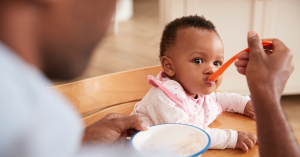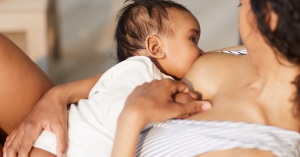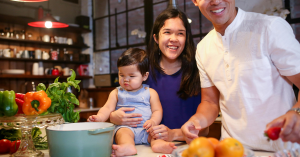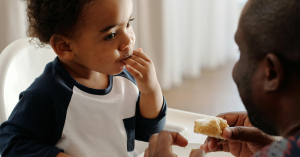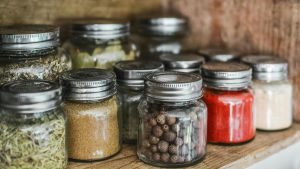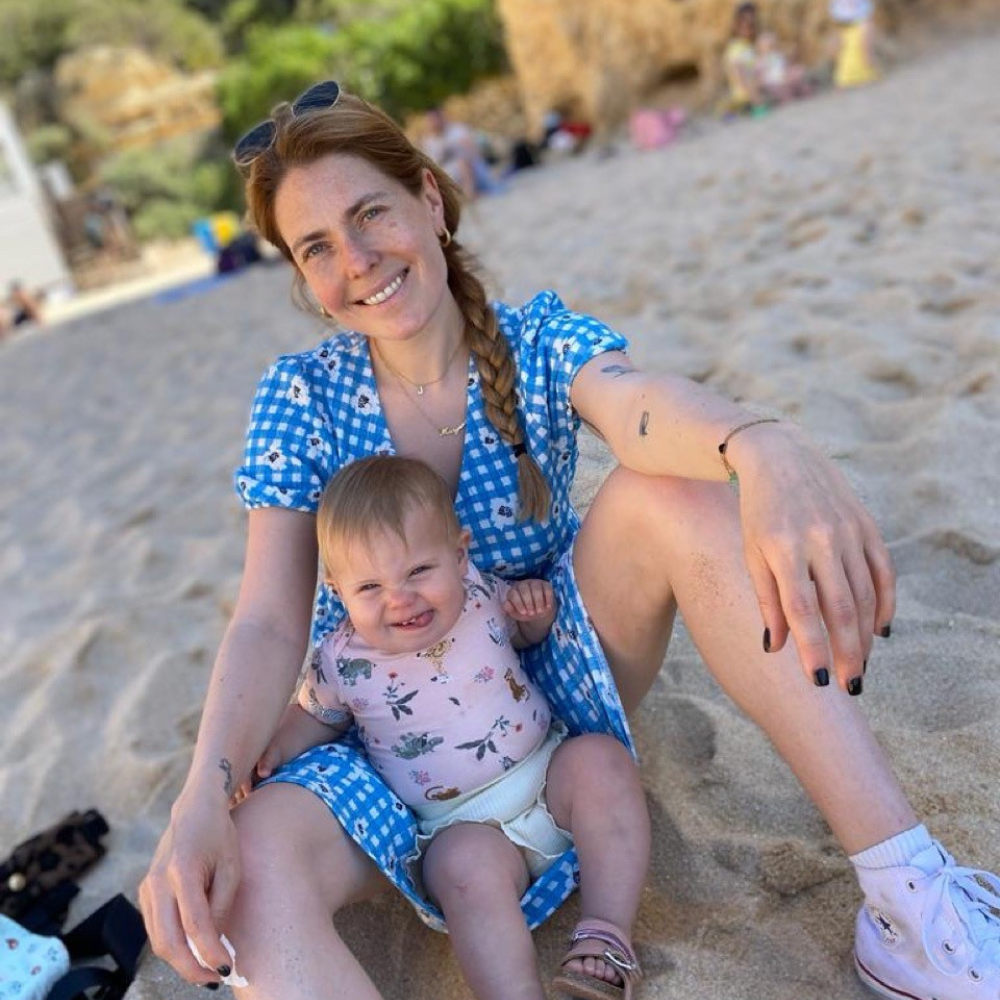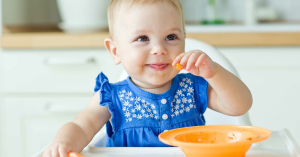Pregnancy is a transformative period, both emotionally and physically. During these months, you’re not just eating for yourself, but for your little one too. It’s important to know that there are certain foods to avoid and that these choices are critical for your fetus. Some foods, though seemingly harmless, can pose a risk to your developing baby. We all know that alcohol and sushi with raw fish are a big no-no! We all love sushi, and in most cases, it’s the first thing we eat after giving birth. But there’s more to consider, like freshly made mayonnaise, certain teas, and more. I had no idea that cheese needed to be pasteurized. And I love cheese, so you really need to read the labels carefully.
Here are 20 foods to Avoid for a Healthy, Safe Pregnancy
- Raw or Undercooked Seafood: This includes sushi, oysters, and any other seafood that is not fully cooked. They can contain harmful parasites and bacteria, such as Salmonella, which can lead to severe food poisoning.
- Undercooked or Raw Eggs: This can be tricky, as raw eggs can be hidden in homemade mayonnaise, certain salad dressings, or even your favorite tiramisu. Raw eggs can contain Salmonella, which can be harmful to both mom and baby.
- High Mercury Fish: Certain types of fish, such as swordfish, shark, king mackerel, and tilefish, contain high levels of mercury which can affect the developing nervous system of your baby. Instead, opt for fish like salmon, sardines, or trout, which are rich in omega-3 fatty acids and lower in mercury.
- Unpasteurized Dairy and Juice: Unpasteurized products can contain listeria, a harmful bacterium that can cause an infection leading to severe complications during pregnancy, including miscarriage.
- Processed Junk Foods: Foods high in sugar and unhealthy fats, like soda, chips, candy, and fast food, should be minimized. They provide minimal nutrition and can lead to excessive weight gain, gestational diabetes, and other health issues.
- Unwashed Fruits and Vegetables: They may carry toxoplasmosis and other bacteria, which can cross the placenta and harm your baby.
- Undercooked or Raw Meat: Rare or undercooked meat can contain harmful bacteria and parasites, including Toxoplasma gondii and Salmonella.
- Liver: Although a good source of vitamin A, an excess of preformed vitamin A can be harmful to the fetus, leading to birth defects.
- Alcohol: There’s no safe level of alcohol consumption during pregnancy. Alcohol can lead to serious complications, such as fetal alcohol syndrome.
- Caffeine: While moderate amounts are usually safe, it’s recommended to limit your intake to 200 milligrams per day. Too much caffeine can increase the risk of miscarriage, preterm birth, and low birth weight.
- Raw Sprouts: Raw or slightly cooked sprouts, including alfalfa, clover, radish, and mung bean sprouts, may contain harmful bacteria, like Salmonella or E. coli.
- Unripe Papaya: Unripe papaya contains a latex substance that may cause contractions and potential miscarriage.
- Deli Meats and Hot Dogs: They can contain listeria if not properly heated before eating.
- Smoked Seafood: Unless it’s cooked thoroughly, like in a casserole, smoked seafood can contain listeria.
- High Sodium Foods: Consuming too much sodium during pregnancy can lead to high blood pressure.
- Certain Herbal Teas: Some herbal teas, such as those containing pennyroyal, can have harmful effects during pregnancy.
- Refined Grains: Replace refined grains like white rice and white bread with whole grains to get more nutrients and fiber.
- Foods with Trans Fats: Trans fats, found in some processed foods, can increase cholesterol levels and the risk of heart disease.
- Raw Cookie Dough or Cake Batter: Besides raw eggs, they can contain harmful bacteria in the flour.
- Pate: Refrigerated pate often contains listeria.
Not all Foods to Avoid
While the list of foods to avoid may seem extensive, remember that there are still plenty of delicious and nutritious foods you can enjoy while pregnant. Always ensure to wash your fruits and vegetables, cook your meat thoroughly, and if you have any concerns or questions about your diet, consult with your healthcare provider.
Each pregnancy is unique, just like each mom and baby. By being mindful about what you eat, you’re taking an essential step in protecting and nurturing your little sprout. Stay tuned to Raising Little Sprouts for more tips on a healthy and happy pregnancy.
Please note that I speak from personal experience. For substantiated information, we always recommend that you take a look at the WHO.


